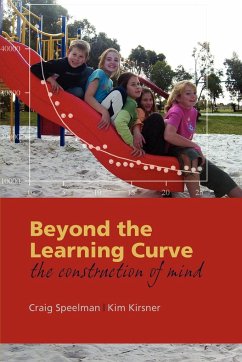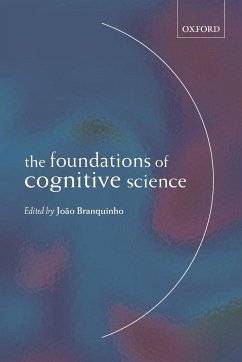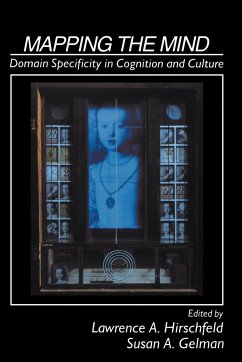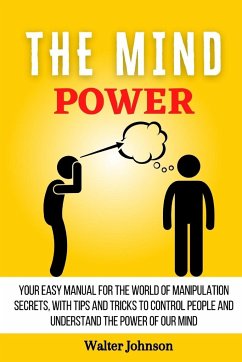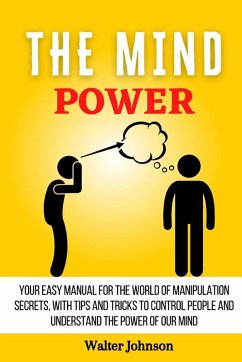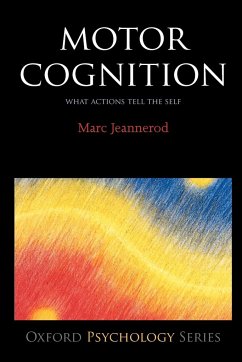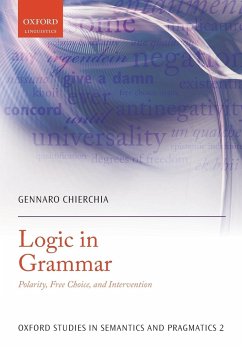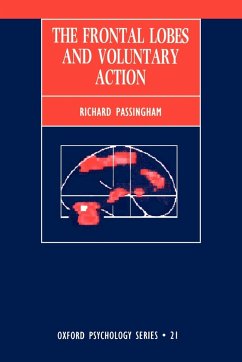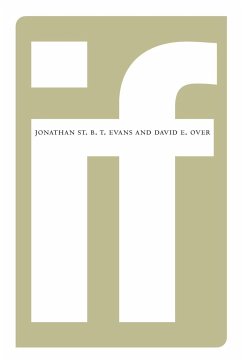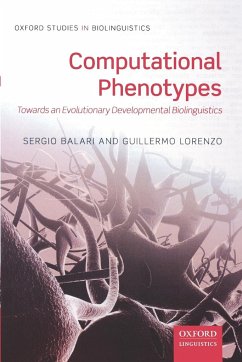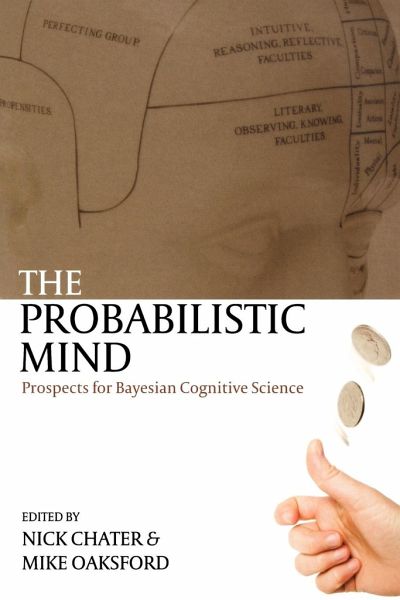
The Probabilistic Mind
Prospects for Bayesian Cognitive Science
Herausgeber: Chater, Nick; Oaksford, Mike
Versandkostenfrei!
Versandfertig in 1-2 Wochen
96,99 €
inkl. MwSt.

PAYBACK Punkte
48 °P sammeln!
The rational analysis method, first proposed by John R. Anderson, has been enormously influential in helping us understand high-level cognitive processes. 'The Probabilistic Mind' is a follow-up to the influential and highly cited 'Rational Models of Cognition' (OUP, 1998). It brings together developments in understanding how, and how far, high-level cognitive processes can be understood in rational terms, and particularly using probabilistic Bayesian methods. It synthesizes and evaluates the progress in the past decade, taking into account developments in Bayesian statistics, statistical anal...
The rational analysis method, first proposed by John R. Anderson, has been enormously influential in helping us understand high-level cognitive processes. 'The Probabilistic Mind' is a follow-up to the influential and highly cited 'Rational Models of Cognition' (OUP, 1998). It brings together developments in understanding how, and how far, high-level cognitive processes can be understood in rational terms, and particularly using probabilistic Bayesian methods. It synthesizes and evaluates the progress in the past decade, taking into account developments in Bayesian statistics, statistical analysis of the cognitive 'environment' and a variety of theoretical and experimental lines of research. The scope of the book is broad, covering important recent work in reasoning, decision making, categorization, and memory. Including chapters from many of the leading figures in this field, 'The Probabilistic Mind' will be valuable for psychologists and philosophers interested in cognition.



